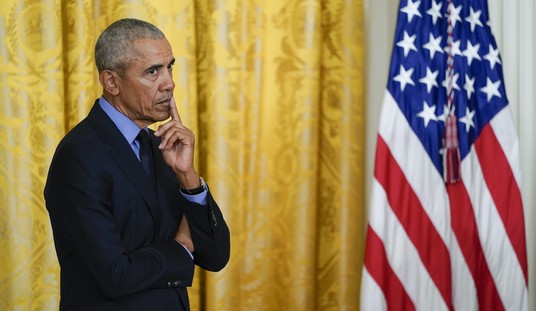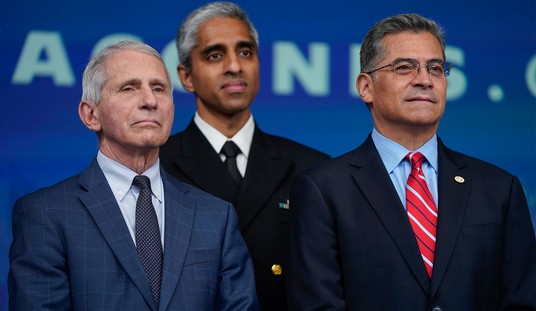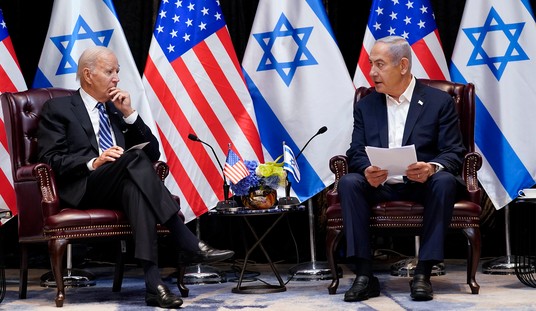Give Donald Trump credit — he promised to clean house, and he’s taking that promise seriously. Rather than allow for a transition period for political appointees, Trump will require all of them to leave their posts on January 20th, including diplomats serving abroad. The New York Times notes the break from tradition, at least when it comes to career diplomats:
President-elect Donald J. Trump’s transition staff has issued a blanket edict requiring politically appointed ambassadors to leave their overseas posts by Inauguration Day, according to several American diplomats familiar with the plan, breaking with decades of precedent by declining to provide even the briefest of grace periods.
The mandate — issued “without exceptions,” according to a terse State Department cable sent on Dec. 23, diplomats who saw it said — threatens to leave the United States without Senate-confirmed envoys for months in critical nations like Germany, Canada and Britain. In the past, administrations of both parties have often granted extensions on a case-by-case basis to allow a handful of ambassadors, particularly those with school-age children, to remain in place for weeks or months.
Mr. Trump, by contrast, has taken a hard line against leaving any of President Obama’s political appointees in place as he prepares to take office on Jan. 20 with a mission of dismantling many of his predecessor’s signature foreign and domestic policy achievements. “Political” ambassadors, many of them major donors who are nominated by virtue of close ties with the president, almost always leave at the end of his term; ambassadors who are career diplomats often remain in their posts.
Reuters focuses on the impact of the abrupt dismissal, both on the ambassadors and potentially on US policy:
[T]he New York Times quoted diplomatic sources as saying previous U.S. administrations, from both major political parties, have traditionally granted extensions to allow a few ambassadors, particularly those with school-age children, to remain in place for weeks or months.
Officials from the State Department and Trump’s transition team were was not immediately available for comment.
The order threatens to leave the United States without Senate-confirmed envoys for months in critical nations like Germany, Canada and Britain, the New York Times reported.
Can Trump do this? Of course; political appointees serve at the pleasure of the president, and when the president changes, so does his/her official “pleasure.” What’s more, when the party in control of the White House changes, one can expect significant if not dramatic changes in policies, resulting in the end of the effectiveness of these appointees. To the extent they retain ties to the former president, they present the risk of working at cross purposes with the new administration, and that’s all the more likely at this juncture given Trump’s declared intent to sweep Obama’s policies from the entire federal government.
But doesn’t that leave us dangerously unrepresented in other countries? Not really. First off, our allies are just as used to working with our transitions as we are with theirs. In the temporary absence of a formal ambassador, nations work with career diplomats assigned to those stations by the State Department. Those transitions typically take months anyway.
Let’s use Reuters’s examples. The post in Germany remained unfilled from December 2008 to September 2009 in the Obama transition, when the Senate confirmed former DNC finance chair Philip Murphy — who hadn’t been nominated until July. George Bush’s ambassador to Canada, David Wilkins, left the office on January 20th just as Trump is asking ambassadors to do now. His successor, David Jacobson, formally presented his credentials in October 2009 after having been nominated and confirmed over the summer — and he worked on Obama’s transition team. Obama kept Bush’s UK ambassador Robert Tuttle in place for two weeks to February 6th 2009, but his successor Louis Susman didn’t assume the position until October 13th of that year after having been nominated by Obama in May and confirmed in July. And yet, the media didn’t seem all that concerned about our presence in those countries during the lengthy transition period in 2009.
This looks like a tempest in a teapot, a nonsensical concern over nothing at all. The Trump transition isn’t doing anything that we haven’t done in every transition in regard to our presence in “critical nations,” and political appointees should know better than to rely on continued employment after January 20th.








Join the conversation as a VIP Member